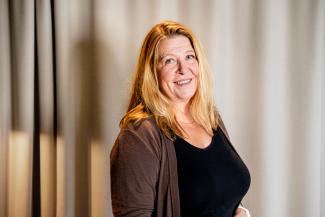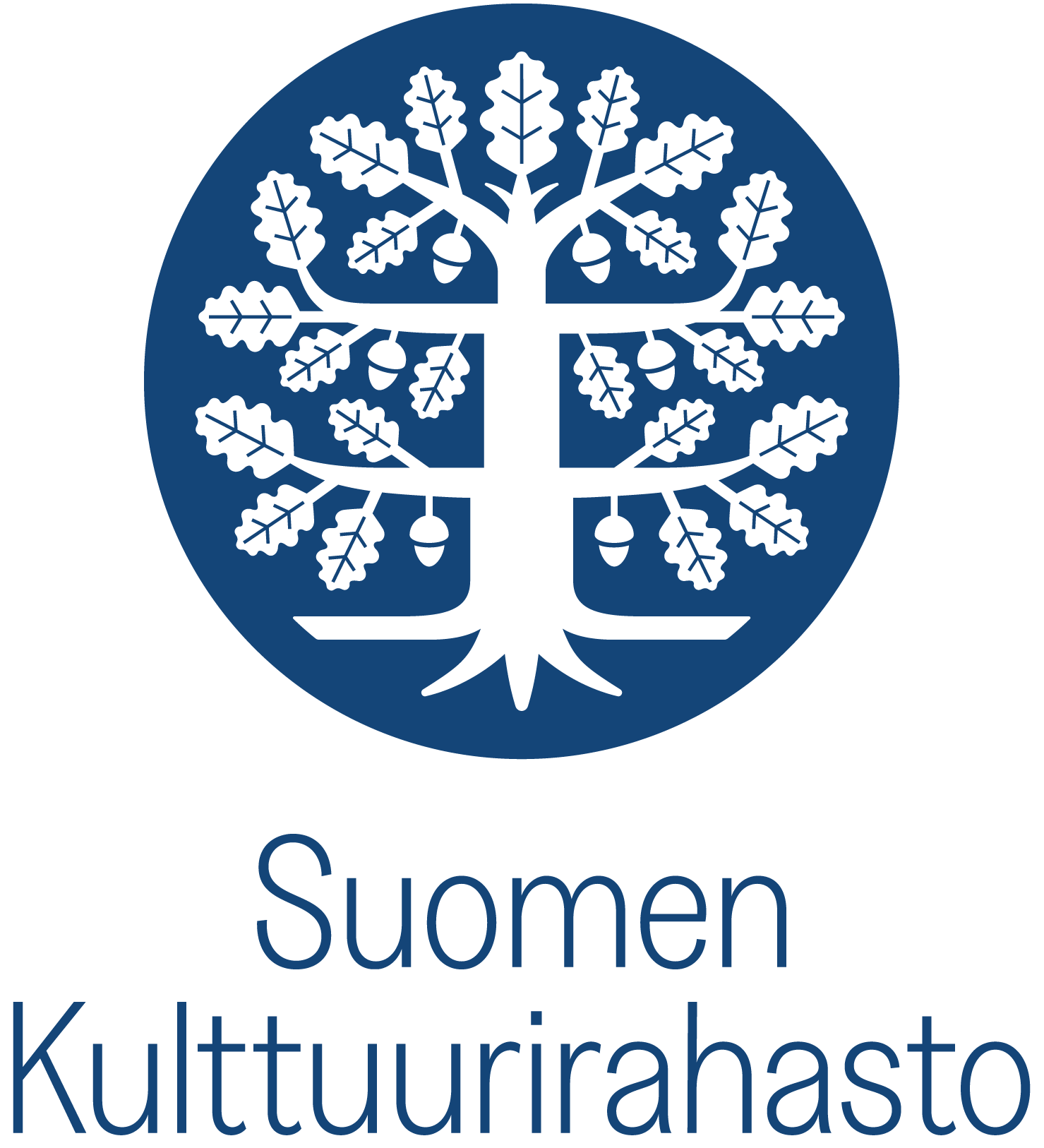
Residents enjoy living in areas with a bad reputation better than expected
An extensive interview study in Sweden, Finland and Denmark gives a voice to residents of disadvantaged neighbourhoods.
In the Future Challenges in the Nordics research project ”The Future of Diverse and Disadvantaged Neighbourhoods in the Nordic Welfare States — The Voices of Residents”, researchers from four Nordic universities are studying six neighbourhoods with a bad reputation in Finland, Sweden and Denmark. In Helsinki and Vantaa in Finland, Kontula and Koivukylä are studied, in Gothenburg in Sweden, Biskopsgården and Hammarkullen are studied, and in Aarhus in Denmark, Herredsvang and Gellerup are studied. All neighbourhoods are associated with at least some negative perceptions and the proportion of immigrants is higher than average in the studied cities.
The researchers are interviewing a total of around 4 800 people whose voices are not usually heard in public debate. The interviews focus on how residents perceive their neighbourhood, how they feel about it, how they relate to society in general, and whether they experience discrimination because of where they live.
“Disadvantaged areas are a highly politicised topic, especially in Sweden and Denmark,” says Peter Esaiasson, Professor in Political Science at the University of Gothenburg, who is leading the research project.

The research is based on extensive and long-term fieldwork, which has given the researchers a diverse picture of the areas and the residents. Interviews have been conducted both in residents' homes and in public places.
“It has been surprisingly easy to find interviewees and the fieldwork has also allowed us to reach the less educated population more than usual. The interview guide has been translated into Russian, Somali, Arabic, Swedish, Finnish, Danish and English. Sometimes family members or neighbours have acted as interpreters if the interviewer and the interviewee did not have a common language,” says Esaisson.
Residents are satisfied
The preliminary results of the research show that residents' trust in the community is not significantly lower in the surveyed neighbourhoods compared to other areas. However, many people are bothered by the stigmatisation of the neighbourhoods.
“In general, people enjoy living in the surveyed neighbourhoods, especially if they belong to the majority group. Many people know that the neighbourhood has a bad reputation, but this does not correspond to their own experiences as residents,” says Esaiasson.
There are both similarities and differences among the areas surveyed. In Finland, the areas do not differ as much from other neighbourhoods as in Denmark and Sweden.

“In Kontula and Koivukylä, trust in society and authorities was high and did not differ much from the national average,” says Mari Vaattovaara, Professor in Urban Geography at the University of Helsinki.
The final results of the project will be published in 2026.
More information:
Professor Peter Esaiasson
University of Gothenburg
peter.esaiasson@pol.gu.se
+46 31 786 12 22
+46 733 52 36 12
Mari Vaattovaara
University of Helsinki
mari.vaattovaara@helsinki.fi
+358 50 415 4861







